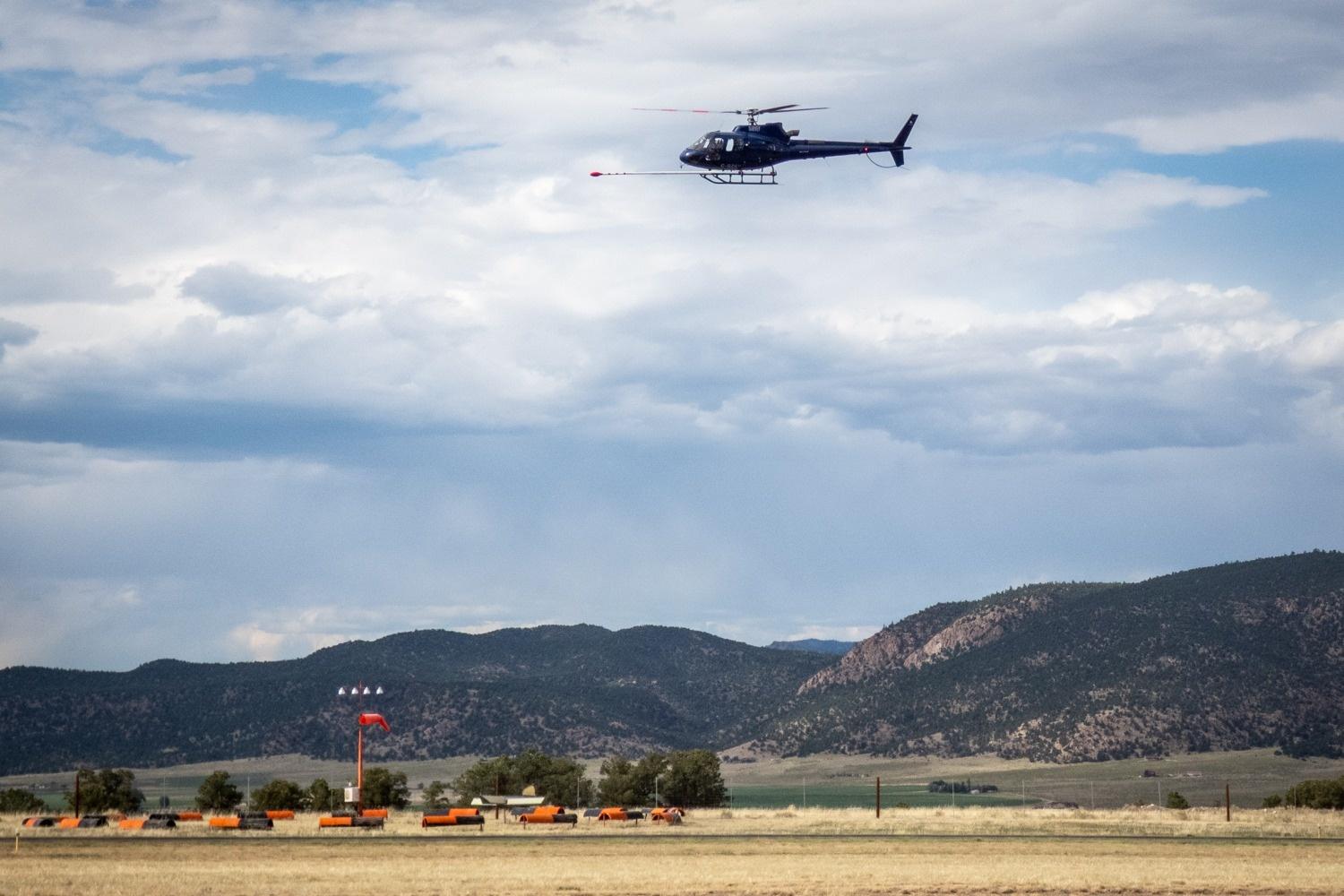
The economic evidence is undeniable: COVID-19 has already put tens of thousands out of work, decimated tax collections and knocked the wind out of Colorado’s state budget. But the long-term implications for the state and local governments are just emerging.
The state already has slashed back its tax revenue expectations by $1 billion over the next 15 months, a change that leaves little room for budget growth next year. And those dire predictions may still be too optimistic.
“It’s likely going to be more than that,” said state Sen. Dominick Moreno, vice chair of the Joint Budget Committee.
Lawmakers are editing down their wish lists for new programs, which could be especially detrimental for the Democratic majority’s plans for new policies and programs.
“All my colleagues need to take a close look at every one of their bills: $500,000 there or $1 million there, that’s real money now. It always has been, in my mind,” said House Minority Leader Patrick Neville, a Republican.
And if state funding declines further, it could force lawmakers to reconsider existing programs. Neville already wants lawmakers to look at spending from recent years, singling out a 2019 law that provides $6 million for U.S. Census outreach as an example. However, budget writers aren’t ready to go that far yet.
“I am hopeful that we won't be in a place where we will need to cut current programs, but it's absolutely possible,” Moreno said.
It will be weeks before the full fiscal picture starts to become clear. The JBC paused its meetings to wait for new economic indicators in the first week of April, and it’s likely to adopt a worst-case mindset as they plan for the year ahead.
“Setting a budget that is more conservative in nature is much easier than having to make midyear cuts,” Moreno said.
Don’t count on state stimulus
Some states are gearing up their own fiscal responses to the coronavirus outbreak, ranging from a few hundred thousand dollars in some states to a potential $1.1 billion package in California, according to the National Conference of State Legislatures.
Colorado already has about $190 million in emergency and maintenance funds ready to spend, putting it in the middle of the pack. Polis has also asked for donations to a COVID relief fund.
But it will be difficult to pull together much more money for state-level stimulus programs or worker benefits. That’s because Colorado’s constitution and budget rules require a balanced budget.
“Our state does not deficit spend or borrow money like the federal government does. Those are dollars that may not actually exist, and that cannot happen in Colorado, so our ability to respond with new revenue just is not the same with how it works in Congress,” said Senate Minority Leader Chris Holbert, a Republican.
The U.S. Congress has no such restriction, allowing it to spend freely -- and the state will be relying on the feds for major stimulus efforts and the unemployment expansion.
“Those are the kinds of things that we're looking to the federal government to help the state through,” Moreno said.
Still, some advocates want the state to find new ways to help residents. That could come through ramped-up mandates on employers for paid leave; limits on evictions and foreclosures; and more state spending to keep benefits running smoothly. All those were suggested by a coalition of nonprofits, unions and community groups.
“While it’s clear we are about to experience a sharp decline in money coming in through tax collections, Colorado will almost certainly need to spend more to address the consequences of this unprecedented public health crisis and the economic challenges associated with it,” wrote Chris Stiffler, a senior economist with the liberal-leaning Colorado Fiscal Institute, one of the groups leading the call.
Cities are hurting
The financial fallout could be especially painful for cities that depend on sales taxes from restaurants and retail. Already, Denver leaders are trying to come up with $40 million in savings-- a 3 percent cut for each department.
“We won’t know what the long-term damage to local economies is for a period of time -- but I think that it goes without saying that it’s going to be rough here for the time being,” said Kevin Bommer, executive director of Colorado Municipal League.
In Colorado’s many tourism-dependent communities, the statewide stay-at-home order has hit particularly hard. For example, the town of Fairplay has already seen a sharp drop to traffic along U.S. 285 and Highway 9, popular routes for vacationers and people working in ski towns. That means less money spent at gas pumps and restaurants and, ultimately, less money in the town’s budget.
“We, like most Colorado municipalities, live and die by sales tax,” said Tina Darrah, town administrator for Fairplay. “We’re definitely going to see some impact, we just don’t know what it’s going to be.”
The full effect of COVID-19 may not be apparent for weeks or months. Sales taxes are collected on a delay, and Fairplay’s peak season isn’t until summer.
A delay on money coming in
Gov. Jared Polis has delayed state tax deadlines by three months, to July 15. Treasurer Dave Young and other officials said they’re working through the implications of that decision.
“We won’t know until April 15 and after what differences there may be (in tax collection), so it’s a little early to tell,” Young said.
The state is also considering deferring collection of its 2.9 percent sales tax, which could give businesses a little breathing room.
“This stuff is happening so rapidly. We certainly will want to act quickly and nimbly to support people and businesses to make sure that our economy has a way to recover,” Young said.
Polis has asked cities to consider delaying collecting some of their own taxes, and some have taken up that request. Grand Junction will allow businesses to delay payment of sales and use taxes until June 30.
“We were able to put this program, literally, in place in less than about five business days from the first request that I received,” said City Manager Greg Caton. The change will allow local businesses to collectively delay about $4 million in payments.
But not every entity can afford to do that.
“I think that there’s some challenges there. That might be fine if you’ve got a local government with a reserve,” said Gini Pingenot, legislative director for Colorado Counties, Inc. Delayed revenue could be much more difficult for, say, a small recreational district.
Demand on services
Meanwhile, counties are gearing up for a surge in applications for benefit programs like SNAP, which are run by local Human Services departments. They’re finding ways to reduce the workload, such as automatic six-month extensions for current recipients, but the outbreak has them looking for new staff.
Counties also are looking at ways to connect with clients more safely, including video conferencing for at-risk people.
“Volume is increasing,” Pingenot said. “We’re definitely having more people who need these benefits.”
CPR’s Stina Sieg contributed to this article.








